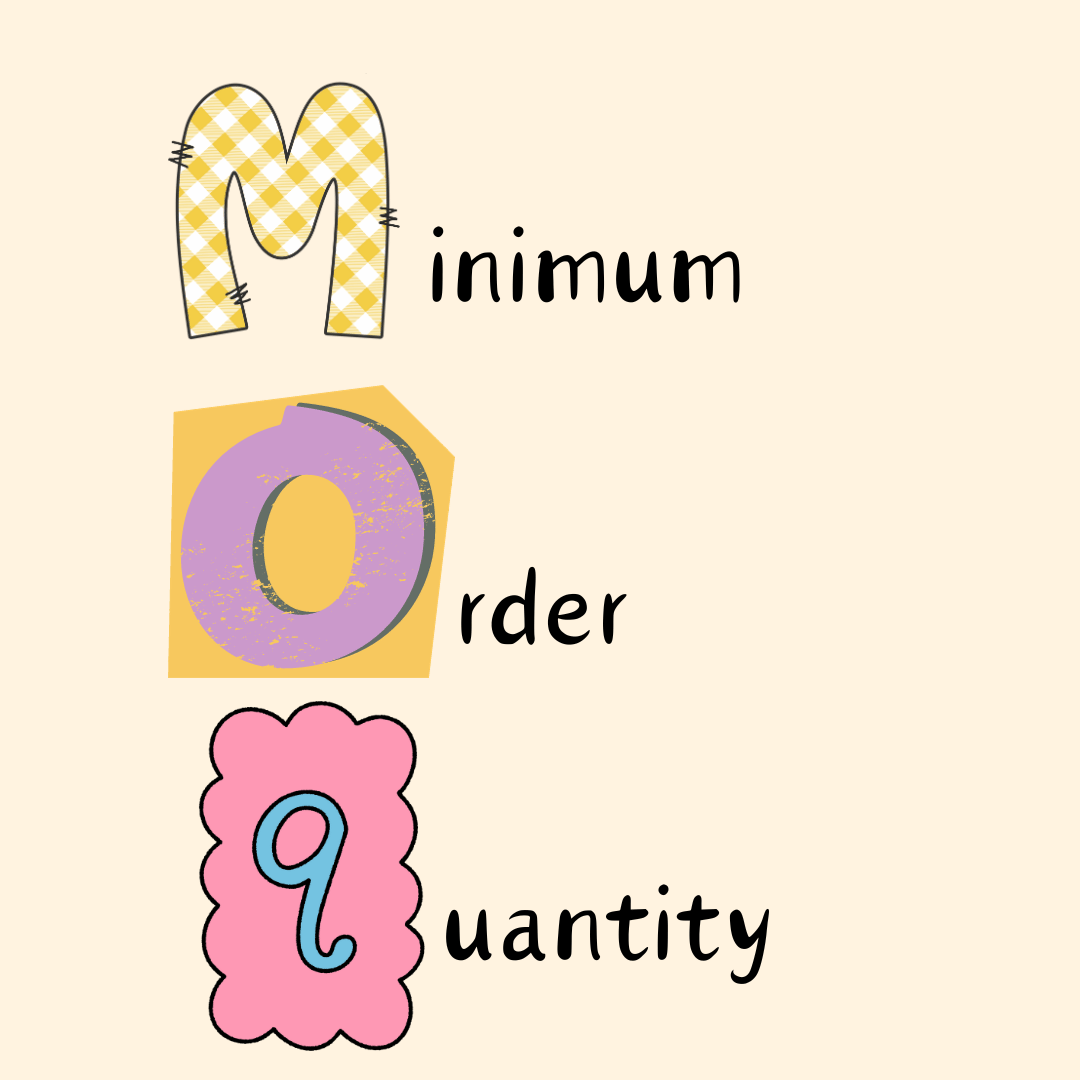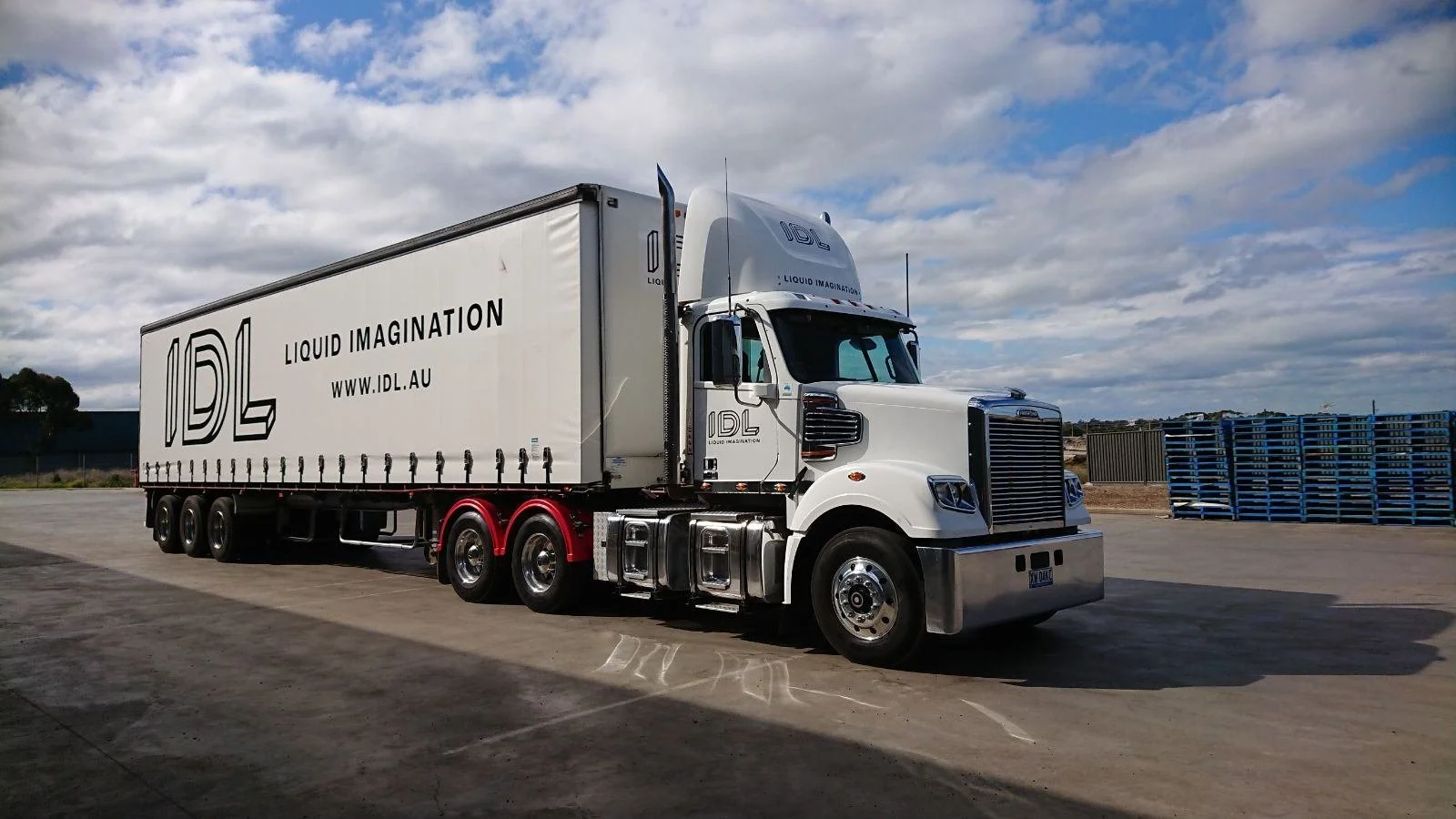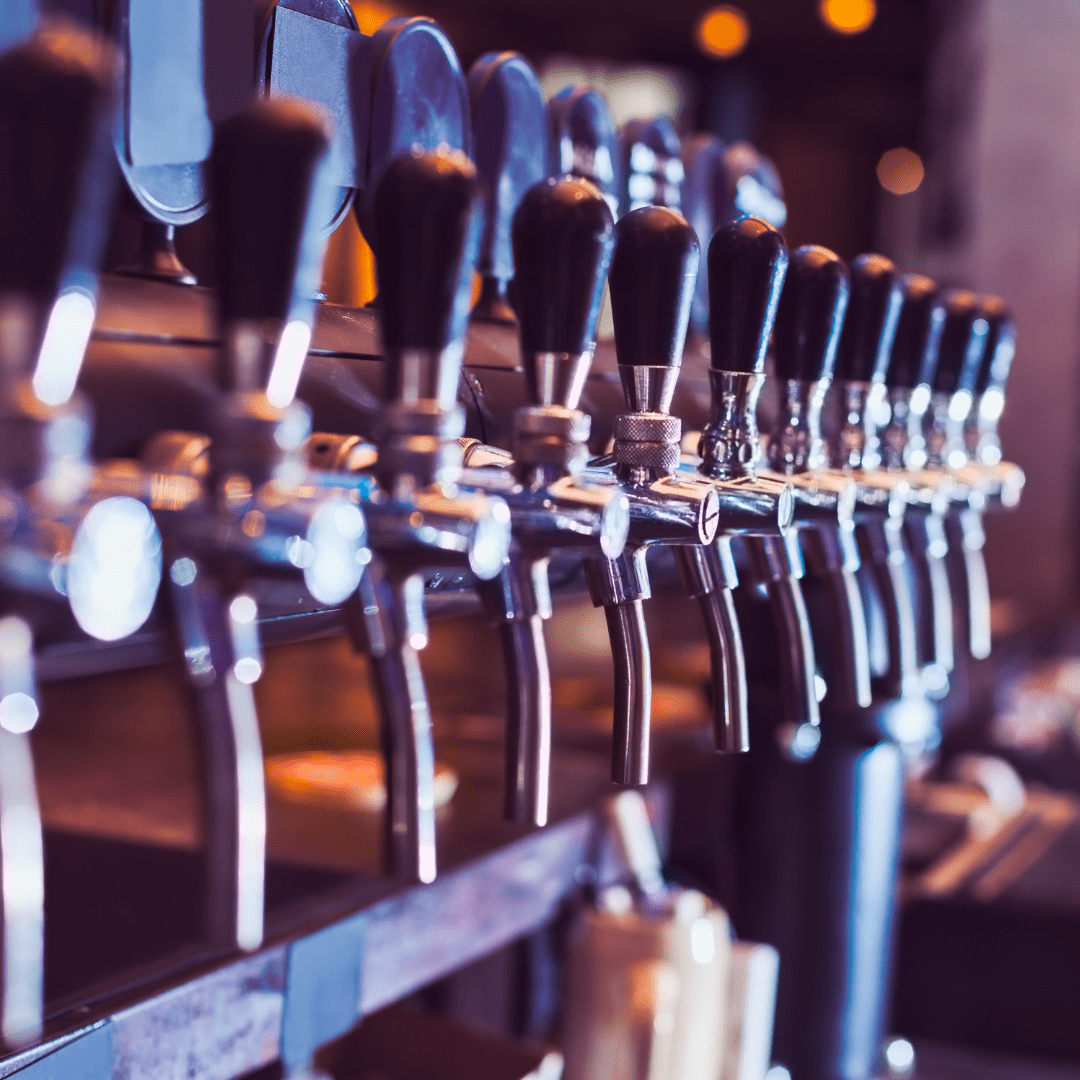


The Ultimate Guide To Canning Artwork - Rules & Regulations
Beverage canning artwork has emerged as the preferred packaging choice for beverages, offering an ideal canvas for showcasing creativity through distinctive and attractive designs.

Optimal Conditions and Ideal Temperatures for storing wine.
In this article we discuss considerations for optimal conditions for storing wine including understanding the oxidation process, refrigeration considerations and temperature management.


Advancing Sustainable Practices in Beverage Manufacturing
Explore how beverage manufacturers are leading the charge in sustainable practices.

Unveiling the Art: The Winemaking Process from Vineyard to Bottle
Join us on a journey through the centuries-old craft of the Winemaking Process, where a delicate balance of science and tradition converges to craft some of the world's most cherished beverages.



Why do beverage manufacturers have minimum order quantities?
It is commonly believed that minimum order quantities are in place to ensure adequate costs are covered and that there is room for some profit for the manufacturer. Whilst this isn’t necessarily untrue, there are a number of supplier and machine factors that contribute to minimum order quantities.

Methods of transport for beverage products
There are a number of viable options to transport beverage products. The ideal solution depends on the pack format of the beverage, the desired destination and the required speed of delivery. We outline some of the options utilised in the beverage industry.

Anticipated beverage trends Summer 23/24
We share our insights and predictions into the trends we expect to see during Summer 2023/24. Check out what we anticipate to be on the liquor shelves and at on-premise venues this year.

What are the three different alcohol taxes?
In Australia all alcoholic products have an additional tax on top of the regular GST 10% tax. Navigating the tax system in Australia can be quite confusing for many, so we outline the basic differences between the three main types of alcohol tax.

How is beer production different to wine production?SOLUTIONS PROVIDER
Many assume that wine and beer-making follow a similar process. The truth is whilst the processes have many similarities, there are a number of core differences that require differing pieces of equipment and follow slightly different processes. We discuss the key differences between beer and wine production below.

Kegged Cocktails
Premade cocktails can now be found on tap at many on premise venues. We discuss why kegging cocktails is an innovative concept more venues should adopt.

What is CO2 used for in beverage packaging?
C02 is a very common ingredient in many beverage products, both alcoholic and non-alcoholic, but what is it actually used for and what are some examples of C02 beverage products? We discuss why C02 is used in beverage products in this blog.

Can sizes simplified
A quick glance at any drink isle in the supermarket or liquor store will demonstrate the wide variety of can sizes that are utilised in the market. We simplify the various can sizes and explain the difference between the various can sizes and formats.

How to Start a Private Label Wine Business From Square One
Every thought about starting your own private label wine business? Starting a private label wine business from square one is easier than you may think.

What products can be kegged?
A vast range of beverage products can be kegged. Keg’s are largely used by pubs, bars and restaurants (also referred to an on premise venue) whilst a small amount are also utilised by individuals in at home bars. We discuss below the types of alcoholic beverages that can be kegged.

What are the regulations surrounding chemical storage in Australia?
In Australia there are a numerous requirements for chemical storage and the treatment of dangerous goods. Here at IDL we have on site a number of dangerous goods and chemical products that are required for our wine, cider and RTD beverage creation purposes, as well as our packaging services.